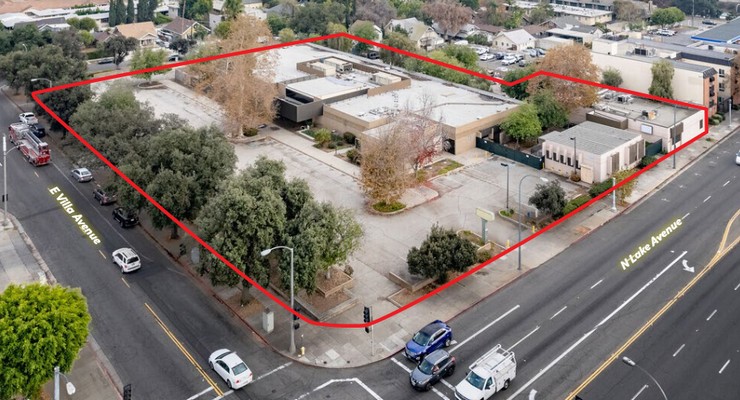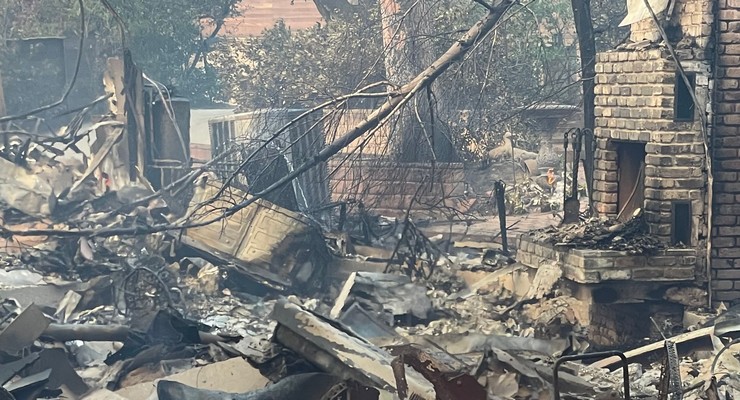
Pasadena City College’s Academic Senate (AS), the governing body representing faculty, approved a resolution of a vote of no confidence in Superintendent-President Erika Endrijonas at their meeting on Monday, April 11.
Many of the stated grievances in the resolution stem from faculty upset over a lack of shared governance, exemplified by the mandated, non-negotiable return to in-person instruction on 1/24/22 when COVID was still surging, local ICUs were at capacity, and many didn’t feel safe. Some asked what the rush was to return to campus before other local colleges deemed it safe to so, but the president provided no explanation or transparency. N95 mask distribution and on-campus COVID testing, two measures that the president said would keep everyone safe from the very transmissible Omicron, were bungled during the first week of reopening. Masks didn’t get distributed in an organized way, so some just wore cloth masks or none at all. Lines for testing were hours long, and wait times for test results ranged from several hours to the next day. Chaos and fear abounded, classes were cancelled, and faith in the PCC leadership was lost.
In retrospect, if Endrijonas had shown a willingness to listen to concerns of faculty (who staged two protests on Colorado Blvd. over the mandated return) and students (2500 of whom signed a change.org petition to stay remote until COVID cases dropped to a safe level), she could have avoided so much upset. If she had been open to negotiating with faculty, staff, and student stakeholders, she would have needed to wait just two more weeks until most felt safe to return. She could probably have avoided the vote of no confidence by listening to PCC’s faculty, but instead she chose to write an article in Pasadena Now congratulating herself on a “garden well tended,” which was both insulting and patronizing.
Representing the various departments of the college, the vote tally was: 17 – Yes, 12 – No, 3 – Abstain. April 11th’s AS meeting was the fourth successive meeting in which the body considered the vote of no confidence resolution, culminating in a vote. Now that the resolution has passed the AS, it will be voted on by all full-time faculty members. (However, excluding adjunct faculty from the vote is completely inequitable–yet another violation of the principle of shared governance, which seems to be an unfortunate ongoing habit of PCC’s administration…)
President Endrijonas sent out an email shortly after the vote happened. Although she did acknowledge the passing of the resolution, she was careful to avoid using the words “no confidence” and minimized it as simply “dissatisfaction” from “some faculty.” In truth, Academic Senators are duty-bound to vote the way that the majority of faculty in their respective departments wish them to vote. Hence, the passing of the resolution of the vote of no confidence effectively means that a majority of polled PCC faculty support it.
Her email went on to say that while she disagrees with the outcome of the vote, she supports the AS’s right to express themselves because shared governance is so vital to community colleges. How ironic. She will need to do more than just pay lip service to shared governance. She will have to actually engage in it. Will this vote of no confidence by the AS motivate her to change her ways? Seeing as she has yet to apologize or take accountability for her past mistakes, it is doubtful at best.
Shannon Maraghy is an adjunct professor at PCC.




















2 thoughts on “Guest Opinion | Shannon Maraghy: PCC Vote of No Confidence Could Have Been Avoided”
My comment is unorganized because I’m quite upset by this decision as a student. For those interested, here are the recordings from the Academic Senate meetings that reveal the conversations: https://www.youtube.com/watch?v=KheheLBeKdU
Out-of-touch with the college, the president has often been “Returning from an important conference…”
There’s an alarming trend to serving the whims of Sacramento’s Community College Chancellor’s Office, while cynically ignoring: 1) the needs of this community, 2) crucial input from PCC students and faculty.